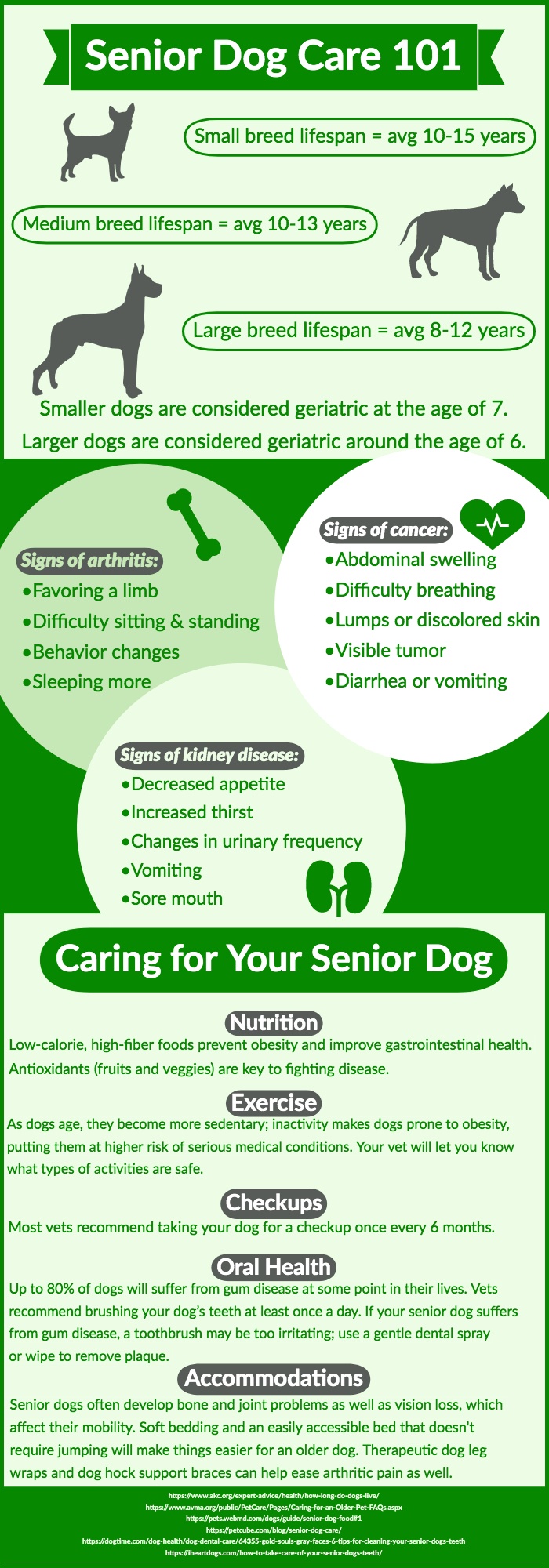Best Breeds For Dog Daycare
Best Breeds For Dog Daycare
Blog Article
Can Pet Daycare Cause Illness?
Pets in childcare get lots of exercise, socializing with other canines and unique experiences. This can be specifically practical for young puppies and canines with behavior concerns.
There are several legal considerations you require to take into consideration when starting a doggy daycare service. These include the structure of your service and conformity with government laws.
1. Canine Distemper
Canine distemper is spread out via direct contact with the bodily fluids and waste of a contaminated canine, yet it can likewise be sent via shared water and food bowls or via air-borne droplets. This extremely transmittable illness is most unsafe for puppies, however it can influence dogs of any type of age and is deadly for a lot of if left unattended.
First signs and symptoms of canine distemper often mimic an acute rhinitis, consisting of dripping eyes and nose with watery or pus-like discharge. As the condition advances, a pet dog will establish fever, coughing, decreased hunger, vomiting and diarrhea. The virus can also strike the nerves, causing seizures, shivering and partial or full paralysis.
Reputable childcares lower direct exposure to infection by calling for inoculations, routine health examinations and comply with stringent hygiene protocols. If your pup appears overly tired or limping, a day off might aid him recuperate, yet you should avoid taking him back to daycare till these signs and symptoms clear up.
2. Kennel Coughing
Kennel coughing, additionally referred to as contagious canine tracheobronchitis or Bordetella, is an extremely infectious viral or bacterial disease that affects the respiratory system system. It's frequently moved via the exchange of saliva or air beads that an ill canine exhales. Social pets go to higher risk for infection due to their constant communication with each other, such as when they play, share food or water, sniff one another or simply fulfill in a jampacked atmosphere like a canine park or daycare.
One of the most usual sign of kennel cough is a persistent and strong coughing that sounds like something stuck in the throat or retching. Usually, pet dogs will cough up frothy white phlegm. If left unattended, a pet dog can establish pneumonia and be at serious danger for life.
A long term dog boarding reliable childcare center should have rigorous cleaning and sanitation methods, sterilize all toys, food and water bowls consistently, and be open regarding their vaccination plans. Keeping your pet approximately date on their inoculations, particularly for bordetella and canine influenza, will substantially decrease their opportunities of acquiring the illness.
3. Parvovirus
Canine parvovirus, or parvo, is a very contagious viral ailment that can be dangerous for young puppies and young adult pets with bad immune systems. It's most commonly spread out by direct contact with infected pet dog feces-- which can happen when pets sniff, lick, or taste contaminated feces-- and indirectly from polluted individuals, items, or settings (like kennels, grooming areas and lawns). Pups and pet dogs without complete inoculation histories are specifically prone to parvo.
The virus is exceptionally durable, surviving in the atmosphere for up to 9 years, and can easily be moved between pets by get in touch with via feces or on shoes, garments, and bedding infected with parvovirus. If not dealt with instantly with IV liquids, electrolyte balance, throwing up control medications and prescription antibiotics to prevent additional microbial infections, a pet dog will rapidly dry out and develop serious looseness of the bowels, which results in shock and blood poisoning. Parvo is challenging to heal once a pet dog has ended up being ill, yet with appropriate vet treatment, numerous pups do survive this health problem.
4. Canine Influenza
Pooch influenza infection is highly transmittable and spreads through direct contact, sharing food and water bowls, licking or nuzzling various other dogs, with air-borne droplets, and with infected surfaces. Inoculation works in decreasing the danger of infection and episodes.
Many impacted dogs establish a light respiratory infection with a coughing that lasts 1-3 weeks. They might also have nasal and ocular discharge, sneezing, and sleepiness. Some of the most significant cases lead to pneumonia and a high fever.
If your dog exhibits any one of these signs and symptoms, do not bring them back to daycare until they are healthy. If your pet dog is revealing signs of extreme tiredness or hopping, speak with your veterinarian right away and ensure they get on healthiness supplements to help develop their resistance. A vet will assess your pet dog for signs and symptoms of the flu by taking a sample from the nose or throat, and blood examinations can be done to validate.